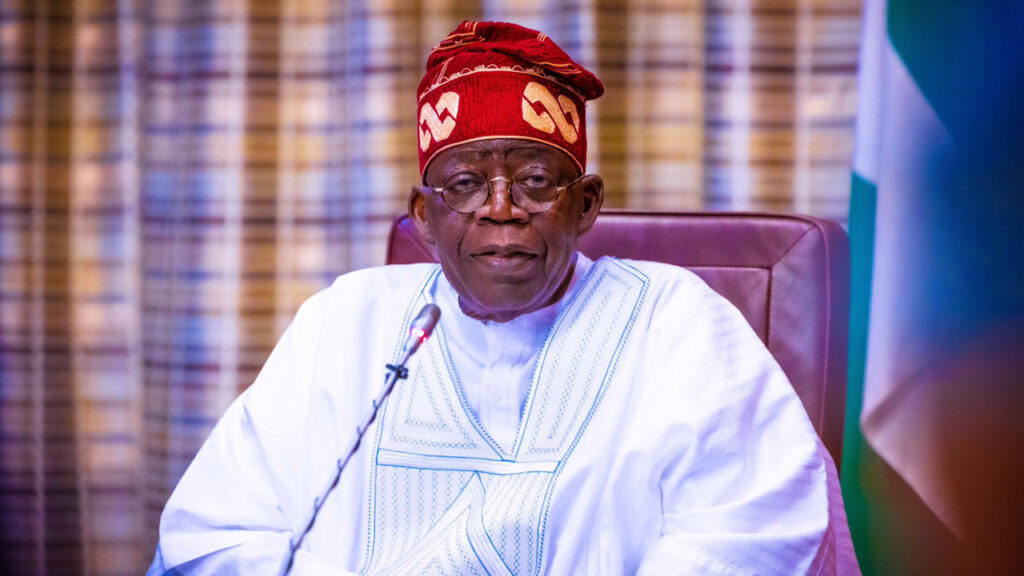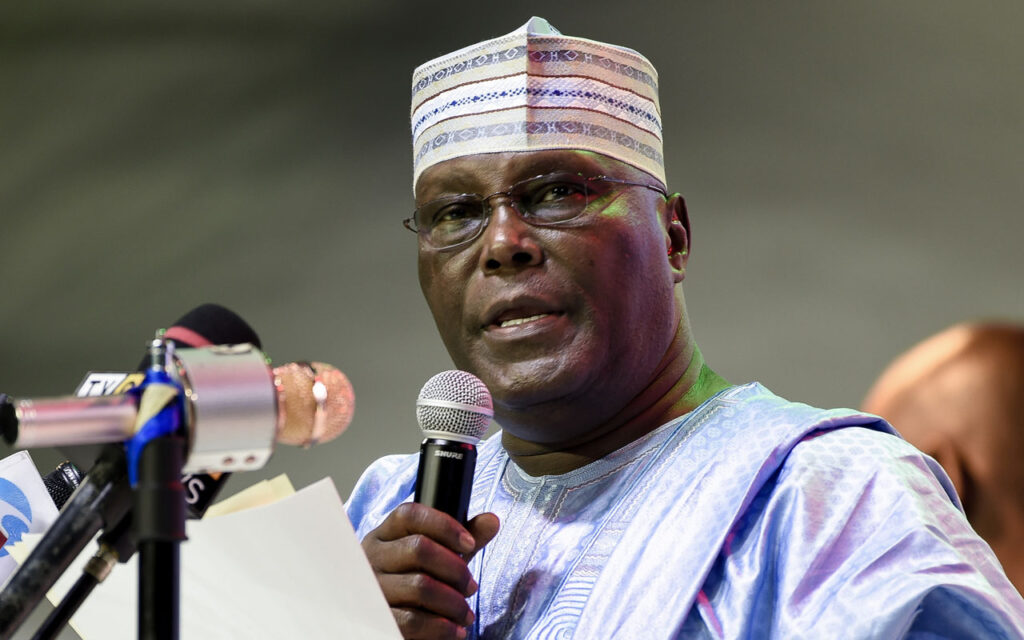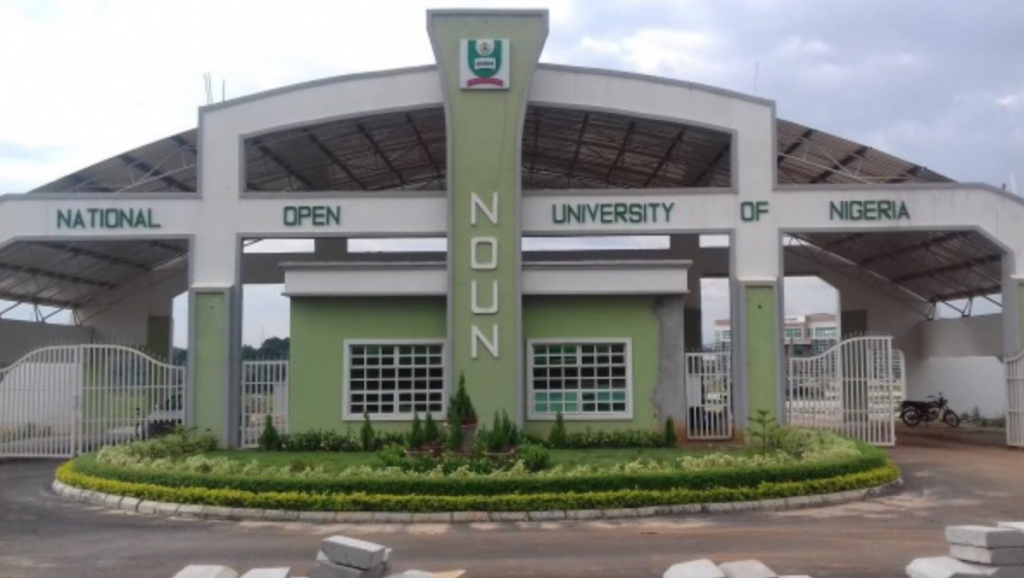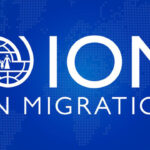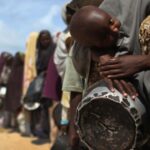
The International Organisation for Migration (IOM) and the Migrant Resource Centre (MRC), a Federal Government agency domiciled in the Ministry of Labour and Employment, have disclosed that more Nigerian women now migrate to other countries independently in search of greener pastures.
The two bodies spoke during a training workshop organised by a non-governmental organisation, Girls Inspired Development Network (GIDN), for journalists in Lagos. Organised by the GIDN under its ‘Connect HER Project’ and ‘Japa Right Media Campaign,’ the training was supported by The Migrant Project.
Held with the theme, “Amplifying Women’s Voices in Migration Decision Making,” the workshop equipped over 30 journalists from the print, broadcast and online media with skills for impactful migration reporting.
Speaking on the topic, ‘The role of the Media in Amplifying Women’s Migration Decision Making: A Panacea to Strengthening Women’s Agency’, the IOM’s Awareness Raising Programme Officer for Nigeria, Cyprine Cheptepkeny, disclosed that the organisation, in collaboration with the Federal Government, has assisted no fewer than 34,694 stranded Nigerians migrants to return home, mostly from Libya, Lebanon, Mali and Europe among others.
Cheptepkeny also revealed that the organisation observed a shift in migration trend as Nigerian women are becoming more daring and competing favourably with men as far as migration is concerned.
According to her, out of the 34,694 returned migrants from April 2017 till date, 19,579 were males while 15,115 were females. She noted Edo State used to record more irregular migrants than other states in Nigeria but the tide has changed, adding that the northern states of Kano and Katsina seem to be taking over from Edo.
On the organisation’s efforts to reintegrate returnee migrants, Cheptepkeny disclosed that 28, 204 survivors were successfully reintegrated, among which 16, 264 were male, and 11,940 were female. She described the reintegration programme as a core activity of the IOM Nigeria.
Cheptepkeny said the reintegration assistance comes in the form of vocational education and training to help them start an income-generating activity of their choice.
She also described the media as critical in framing migration narrative, advising media practitioners to ensure stigma-free language, and promotion of balanced, inclusive news coverage, as well as strict adherence to media standards and ethics.
On her part, the Head of the Migrant Resource Centre, Lagos, Mrs. Maureen Ovie, said available data showed that 45 per cent of women travel independently, noting that the present trend was an indication that the statistics would increase.
Ovie, who spoke on the topic, ‘Empowering Women: Catalysts for Inclusive Migration Policies’, noted that many women have unrealistic expectations because they lack proper information on the migration process and procedures and as a result they expose themselves to exploitation.
She admitted that the government has a critical role to play in increasing awareness on regular migration, counseling and training to boost employability and gender-responsive environment.
According to her, the government would ensure fair recruitment practices and monitoring of private recruitment agencies, adding that recent findings showed that quacks hide under recruitment agencies to traffic persons.
The Executive Director, GIDN, Mrs Rita Folawewo, in her remarks said the training was organised to enhance the capabilities of journalists in Lagos in amplifying women’s voices in migration decision-making processes.
Folawewo said that the training would address challenges faced by the media in strengthening the discourse; highlighting the resources, tools and opportunities for the media and improving documentation of women’s stories for justice and human rights.



